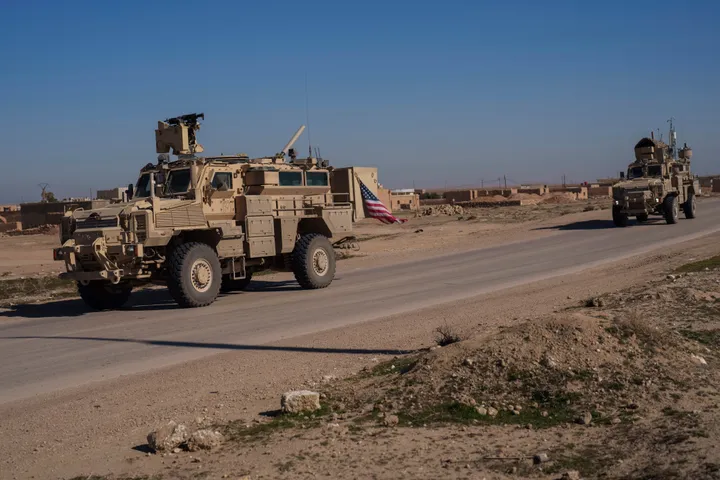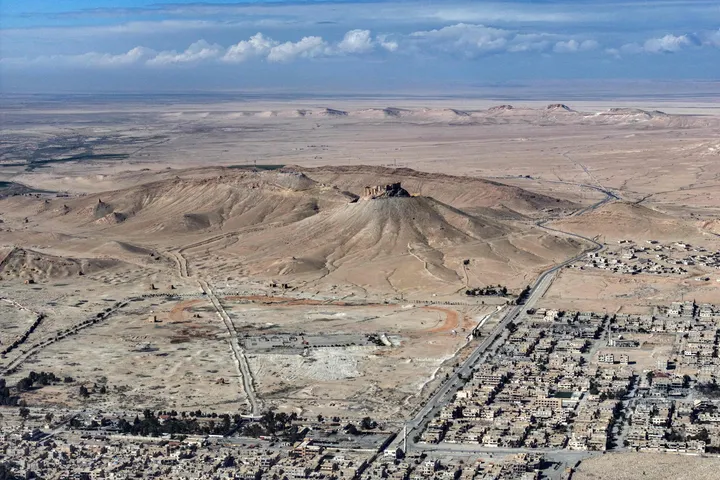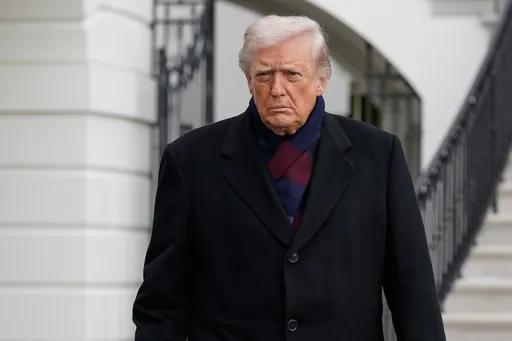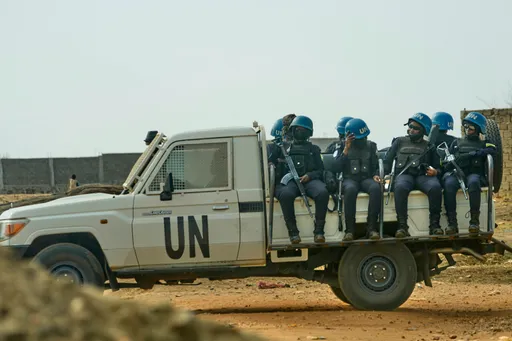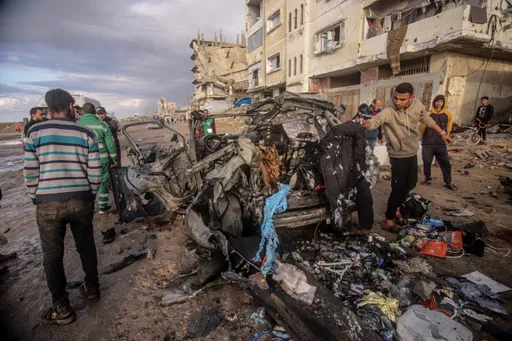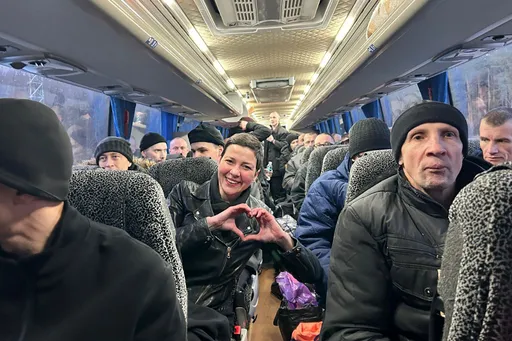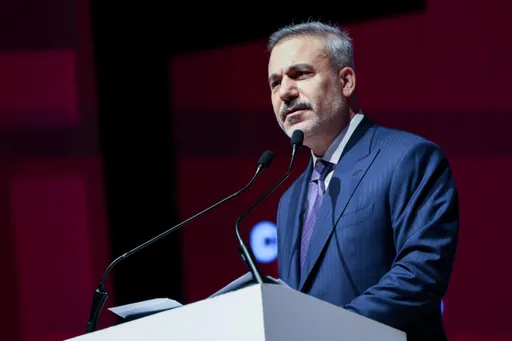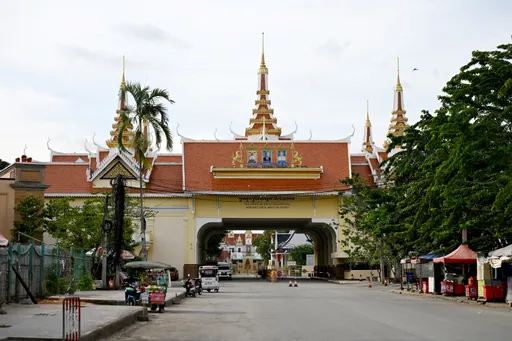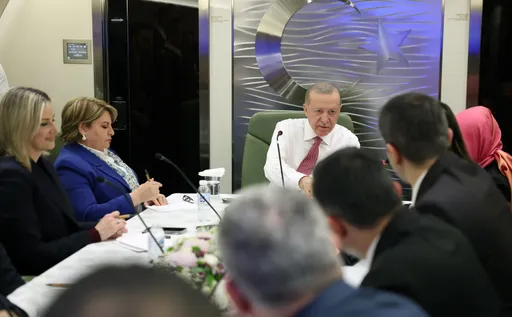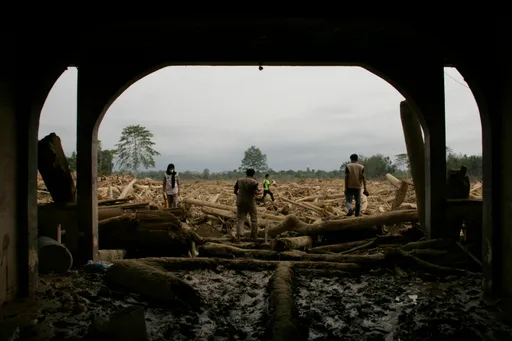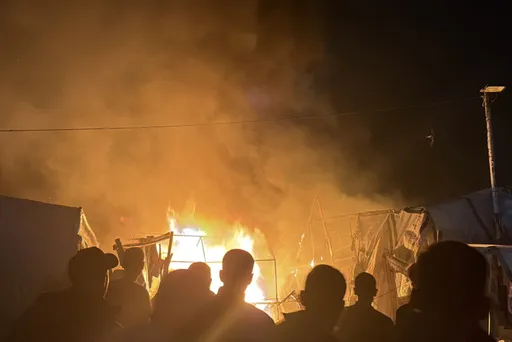Desi Bouterse, Suriname's convicted-murderer president, says he is confident of holding onto power despite polls suggesting his NDP party will lose its majority in Monday's legislative elections.
With a partial lockdown in effect due to the coronavirus pandemic, Suriname's 380,000 eligible voters will head to the polls on Monday to elect 51 members of the National Assembly.
Polls open at 1000 GMT (7:00 am local time) on Monday and close 12 hours later.
The Assembly, in turn, elects the president in this Dutch-speaking country of 600,000 people on the northeast shoulder of South America.
It's an election crucial to Bouterse's hopes of winning a third successive term as president. But an opinion poll by research institute IDOS suggests Bouterse's National Democratic Party is about to lose its legislative majority.
IDOS predicted the NDP "will suffer a substantial loss in Paramaribo," the capital, with its overall share falling from 26 seats to 14-17.
"The decline in Paramaribo already ensures that the NDP will be referred to the opposition banks," said IDOS.
'Self-confidence'
Bouterse last year was sentenced to 20 years in prison by a military court for carrying out executions during a previous military dictatorship.
He first took power in a 1980 coup and in 1982 allegedly rounded up and executed 15 political opponents, including lawyers, journalists and businessmen. The incident, known as the "December killings," was investigated by his main rival in the current ballot, Chandrikapersad Santokhi.
In a separate case, a Dutch court in 1999 sentenced Bouterse to 11 years in prison in absentia for cocaine smuggling, a charge he denies.
Regardless of the polling, Bouterse remains confident his party will hold onto its advantage and return him to power in the subsequent presidential vote.
"We enter this election with our heads held high and self-confidence," the 74-year-old told supporters in Paramaribo.
IDOS, though, expects opposition parties to claim 12 of the 17 seats in the capital.
Jack Menke, a professor at Suriname's Anton de Kom University, says "the share of floating voters is still very high," perhaps as much as a third of the electorate, meaning polls are far from reliable.
But Santokhi of the Progressive Reform Party (VHP) is already claiming victory.
"I give you the guarantee that VHP will be the largest and we will govern and we will remove NDP from power," he said.
However, VHP would likely still need to form a coalition to govern, even if it is the largest party.
Another important element is the partnership between the General Liberation and Development Party (ABOP), led by legislator Ronnie Brunswijk, and Paul Somohardjo's Pertjajah Luhur (PL) party.
In a diverse country where citizens often vote along ethnic lines, former jungle rebel leader Brunswijk, who fought a civil war against Bouterse in the late 1980s, mostly represents the Maroons – descendants of African slaves. Somohardjo is from the Indonesian community.
Theirs are among 17 parties competing in the election.
Even if it comes out on top, the NDP would struggle to lead a coalition if it doesn't win a majority. Many parties have publicly ruled out such a partnership as they blame the Bouterse administration for the financial crisis in the gold-and-oil-exporting nation.
Ratings agency S&P says Suriname's "worsening economic, fiscal, and financial challenges" mean it risks defaulting on its debt.
While a party or coalition needs only a simple majority to take control of the National Assembly, a president requires two-thirds of the votes to be elected.
Santokhi is confident he would be able to achieve such backing.
Bouterse is hoping to shrug off the financial troubles as well as a spate of recent corruption scandals, notably involving the central bank.
However, win or lose, he may have bigger problems. Bouterse appealed his conviction in the "December killings," and the case was postponed until June due to the coronavirus pandemic.
But should he lose that, even being elected president would not spare him from prison.
Partial results are expected around 10:00 pm local time, with a projection of full preliminary results due early on Tuesday.

